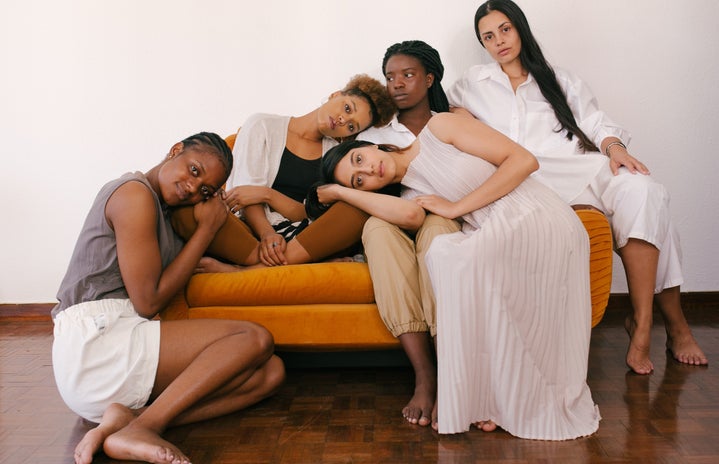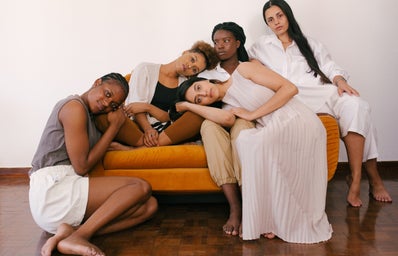I think that as women, we are burdened by this insistent imperative to be great. Greatness, often measured in beauty, wit, and unwavering strength, has become the defining quality that marks women of colour in film and television. Take Annalise Keating from How to Get Away with Murder, for instance, who is extraordinarily resilient and intelligent, or Gloria Pritchett from Modern Family, who is extraordinarily alluring and beautiful. So when the world was introduced to Everything, Everywhere, All at Once’s Evelyn Wang, an overwhelmed immigrant mother who is ‘so bad at everything’ and is anything but extraordinary, it propagates an entirely different message to what we have been told for so long: that it is possible to be ordinary and still be represented.
But what’s the problem with extraordinary women?
The problem with the extraordinary woman of colour on screen has less to do with the conception of the trope itself but more to do with the consequences that real women face when these portrayals become normalised. In fact, sociologist, Melissa Harris-Perry, writes in her 2011 book, Sister Citizen, that mainstream depictions of women of colour, including the ‘strong black woman’ trope in media were actually perpetrated and disseminated by black women themselves, who use it to deflect existing negative stereotypes of black women. The real issue with this pervasive ‘strong black woman’ trope that places a heavy importance on extraordinary resilience, is the pressure it creates to uphold these unrealistic standards of resilience, which can be difficult considering that women of colour are, well, real human beings.
So here is what Everything, Everywhere, All at Once gets right
The movie establishes early on that Evelyn Wang is nothing special. Yes, she is incredibly emotionally strong and acts as an integral backbone for her family, but she is not particularly adept in anything – a vast contrast to the other versions of herself existing within the multiverse. But as the ending points out, it is ordinary Evelyn who saves the world, not the Evelyns who possess supernatural abilities. Besides, the strength that Evelyn embodies is neither unattainable nor unrealistic, it is simply a reflection of the sacrifices that real women make all the time and it is also what makes Evelyn such an amazing representation of Asian immigrant women. Michelle Yeoh herself describes Evelyn as the ‘the voice of those mothers, aunties, grandmothers that you pass by in Chinatown or in the supermarket that you don’t even give a second glance to’.
An example of great representation of women of colour in television is that of Brooklyn 99’s Amy Santiago and Rosa Diaz. Both women manage to deviate from the extraordinarily beautiful and sensual ‘spicy Latina’ trope, a stereotype that has plagued media portrayals of Latinas. Instead, we get the two charming personalities of a type A perfectionist and a tough, stoic detective who may well exist in the real world, seeing as the show centres around their (relatively) ordinary lives as police officers and portrays them as fleshed-out and real characters.
Representation matters
Over-saturating the media with impossible expectations for women of colour obviously isn’t doing us any good. We leave so little space for women of colour to just be themselves and be ordinary on screen, that we internalise this nagging pressure to be great. For Hollywood, let this be a sign that women of colour want to be represented for who they are, not who Hollywood thinks they should be.


